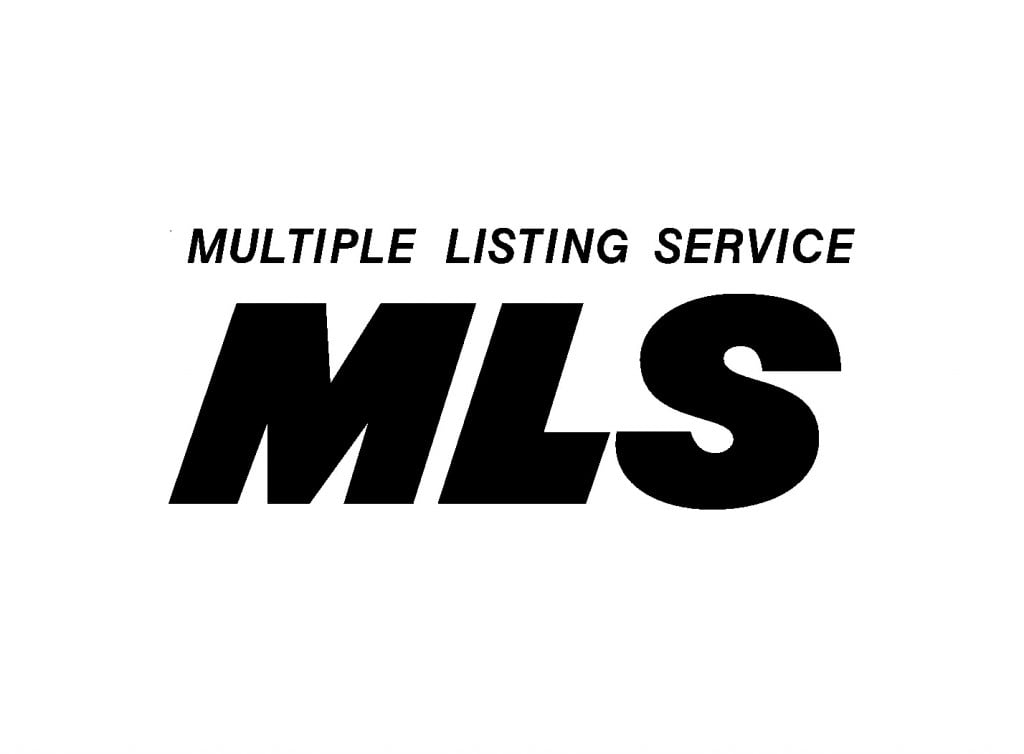The internet has completely redefined sales of almost everything in our lives. If you want to buy and sell stocks on Wall Street, it’s super easy to open a discount trading account that you fully control. You do need to go through a brokerage that actively trades stock and bonds but you don’t need to work through their agent. Stocks and bonds trade through computers – not people.

Suburban malls and even the most mainstream retailers are closing brick and mortar stores because they can’t compete with online sales. Click a button to make a purchase and it shows up at your door the next day without ever talking to a person. I could go on about how the internet has dramatically affected every aspect of our lives but I’m sure you’re fully aware of it.
While it’s true that the internet has significantly changed residential marketing, it has not brought an end to the widespread use of agents and the MLS. The first response by many is this is because real estate transactions are complex. But that doesn’t seem to be at the root of reality.
If you want to navigate a complex transaction, consider modern world travel without a travel agent. Foreign travel comes with language barriers, currency exchange rates, foreign cultures, passports/visas, train connections, health concerns, and a whole slew of other intimidating complications. Yet, with today's technology, few of us find it necessary to pay a travel agent commission even when traveling to the most foreign of lands.
Yet, single-family home sales listed on the MLS still represented 89% of single-family home sales recorded in Los Angeles and Orange counties (ATTOM Data). Although the MLS is an exclusive tool of the various local and national association of realtors, much (but not all) of the information in the system is freely shared on the internet.
It can be somewhat baffling why the MLS has not only survived but also prospered when anyone can list anything on the internet. Also, considering that the internet has enabled For Sale By Owner (FSBO) websites to proliferate, it would seem that non-commission and discount fee sales methods would now dominate the information high way.
After all… real estate agents don’t issue inspection reports. They don’t transfer ownership deeds, nor do agents approve financing or issue insurance policies. Is it personal interaction? Doubtful, since real estate agents aren’t any more likely to be hugged by their clients than a travel agent. What agents mostly do is take videos, write descriptions, create sales networks, and solve problems.
The basic survival answer seems to be that as long as the MLS continues keeping pace with technology, all of the stakeholders find value in the transparency. The two biggest players in the game that benefit from this transparency are the buyers and the lending institutions.
For instance, lending institutions don’t make a habit of including FSBO transactions in the comparable analysis. One of the main reasons for this is that FSBO listings don’t receive the same market exposure as MLS listings. For buyers of a lifetime purchase, it’s mostly the same. Buyers want as much information as possible about available and related home costs, sizes, amenities, etc. when making this decision.
Secondary might be ethics and integrity. Another possibility associated with these high-value transactions is a demand for high ethical standards. We all know there are a lot of shoddy and shady transactions including outright fraud happening constantly on the internet. Fortunately, this does not seem to have spilled over to licensed real estate agents. Examples of this are the always-questioned practice of dual agency and the unbending demand for fiduciary responsibility to clients.
To a high degree, the continued success of the MLS in the age of the information high way is attributed to society’s continuing demand for transparency and ethical conduct in residential real estate transactions. Bad apples do come along occasionally but close to 100% of the time, these people are excommunicated from the industry in quick order. Real estate professionals need to take this to heart.
What else do you attribute to the continued success of the MLS? Please comment below.
Also, our weekly Ask Brian column welcomes questions from readers of all experience levels with residential real estate. Please email your questions, inquiries, or article ideas to [email protected].